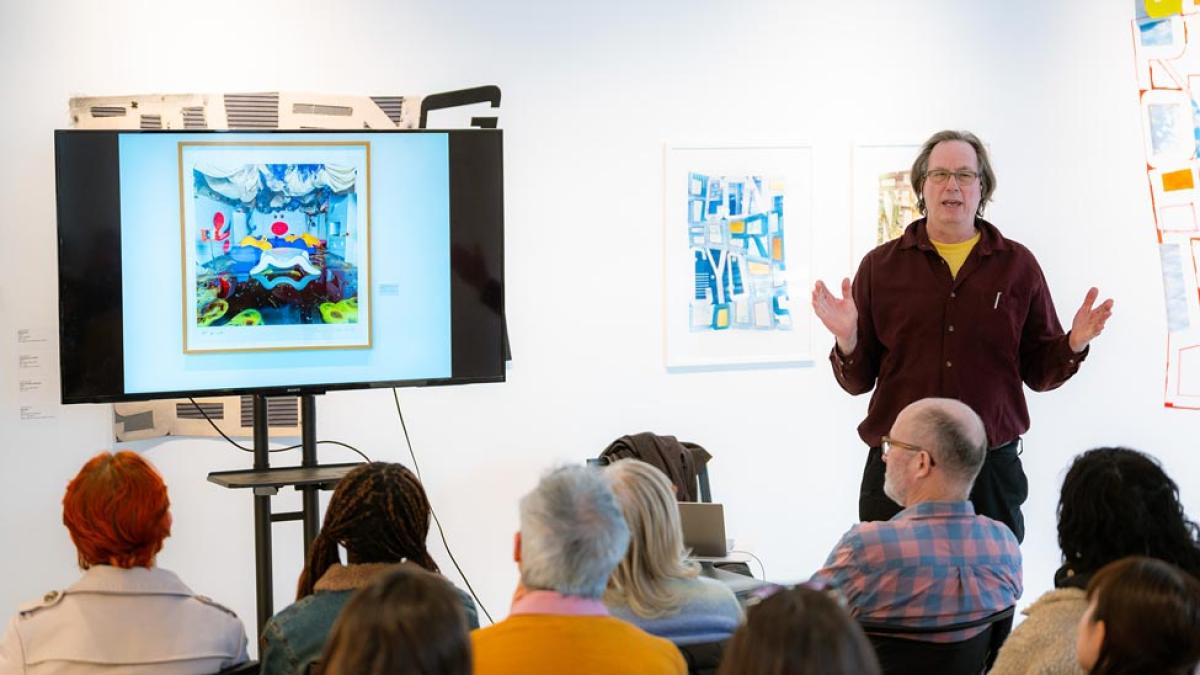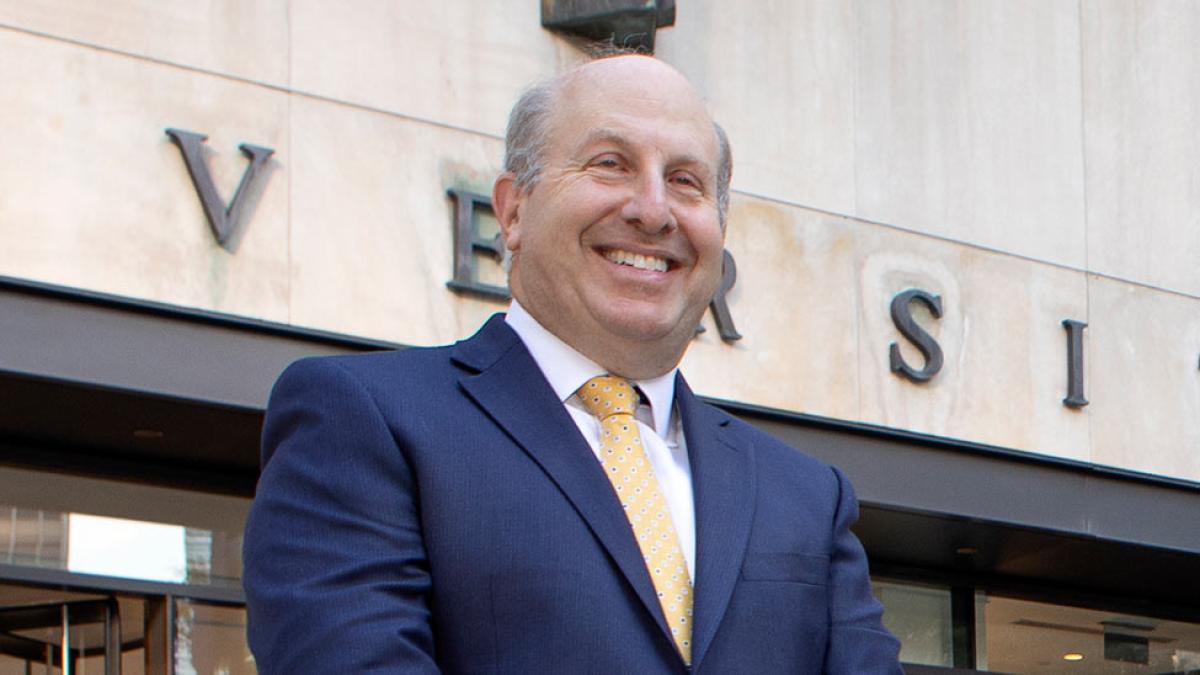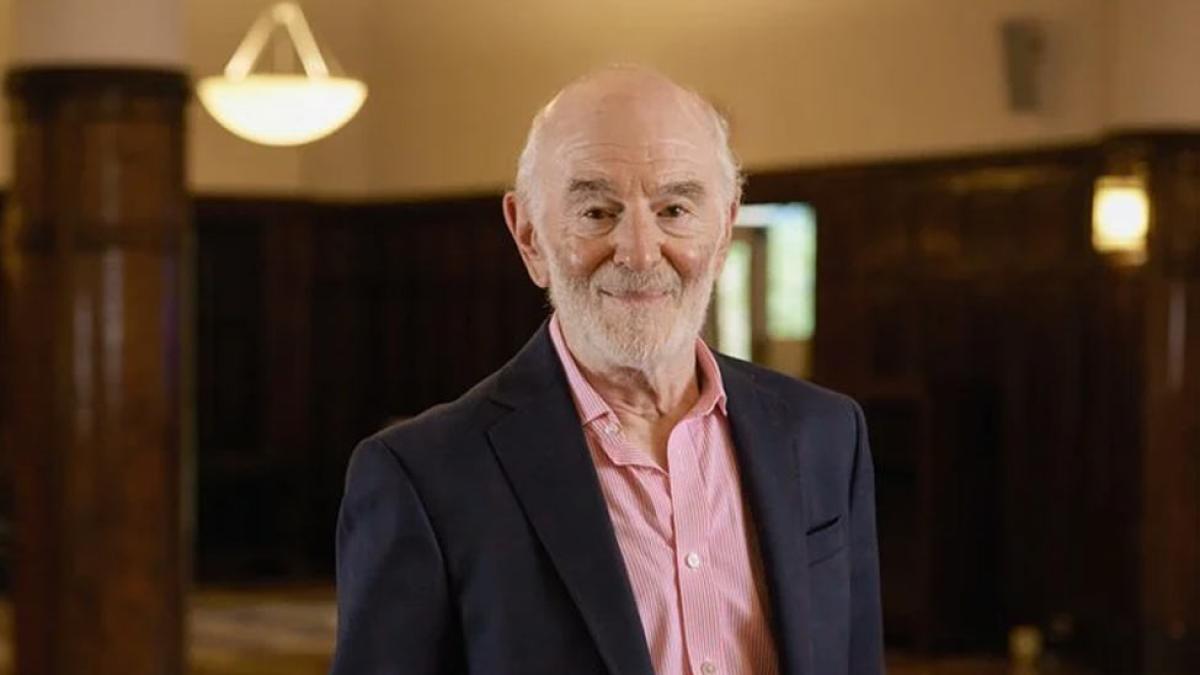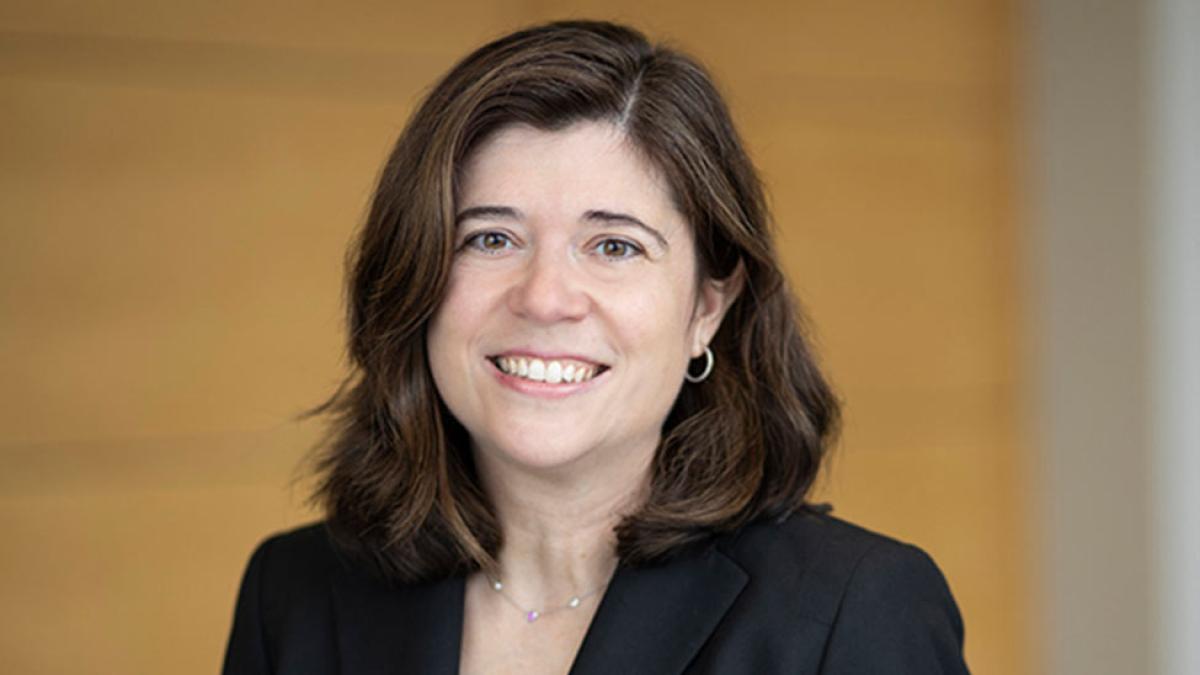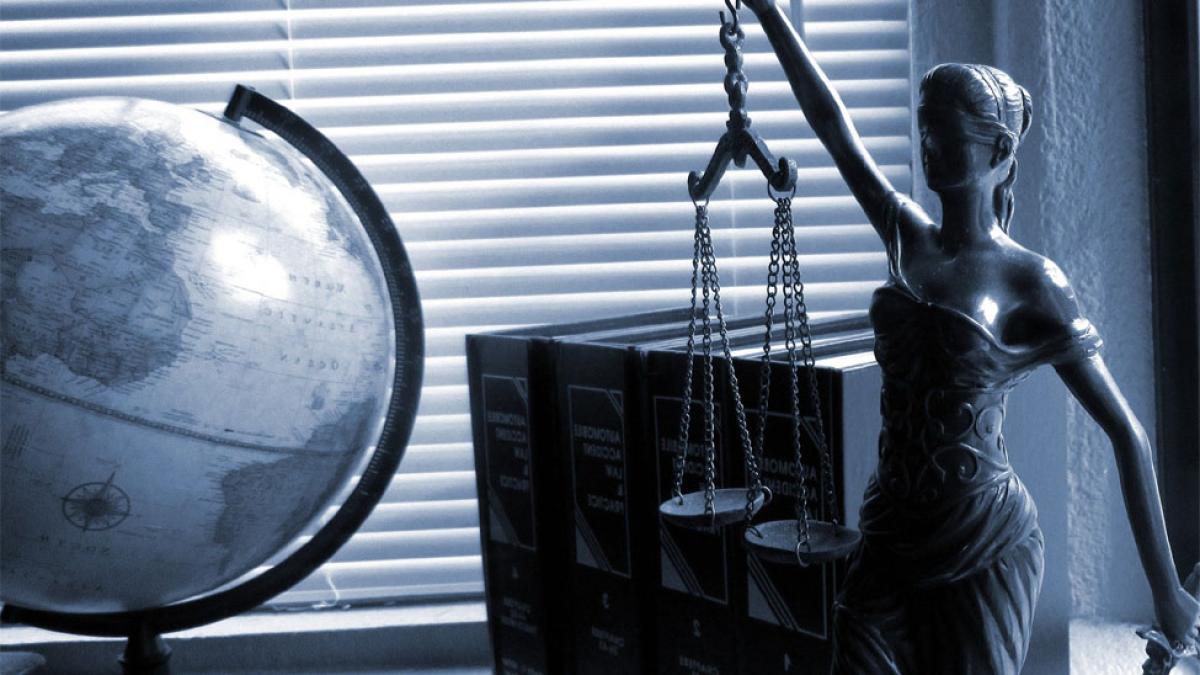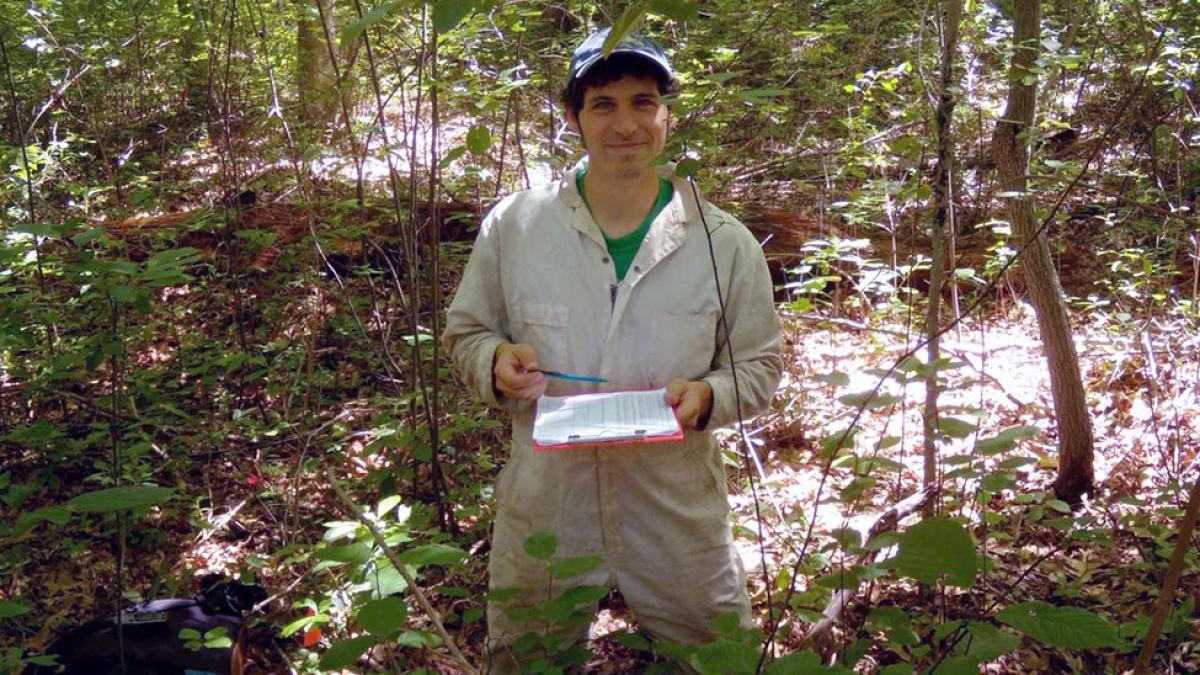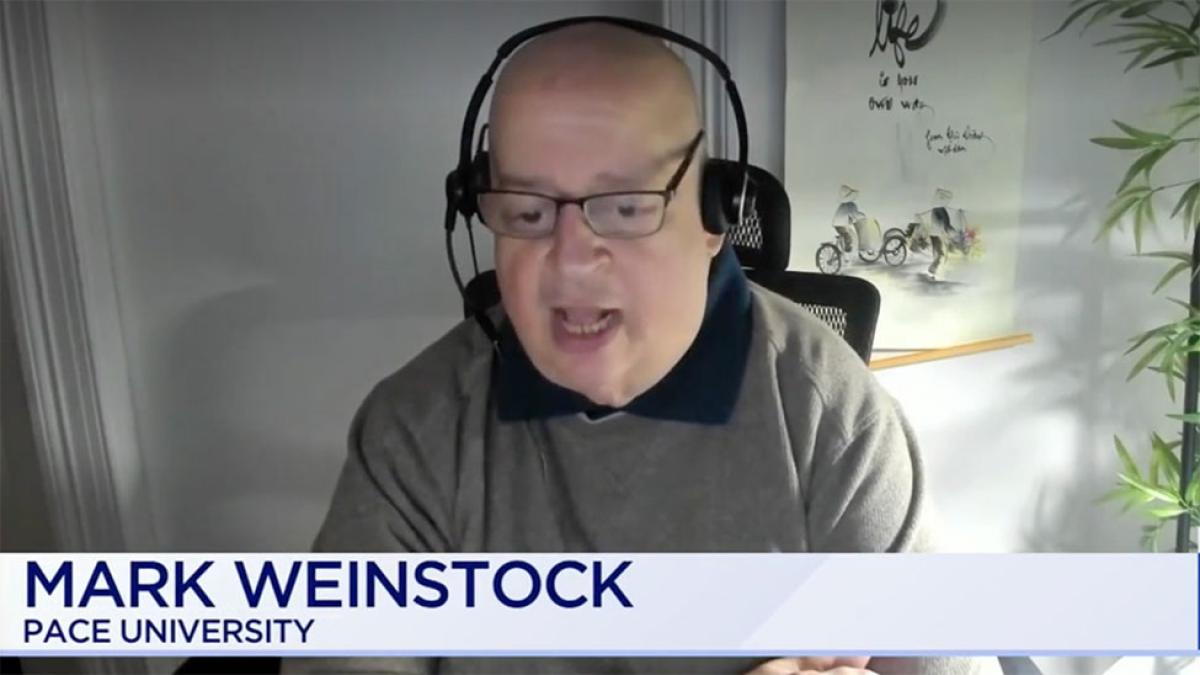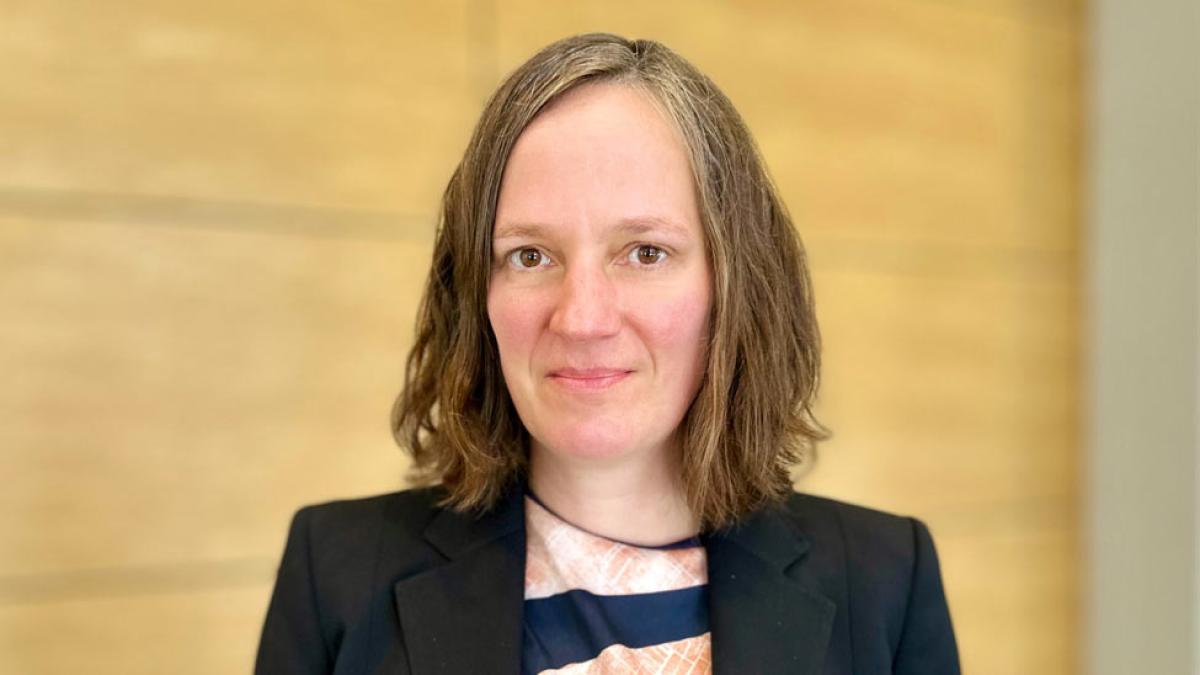Pace Now
Pace Now
Pace News
Latest News
Economics Professor Mark Weinstock appears on News 12’s Power & Politics to break down recent tariff impacts and market turbulence.
Haub Law Professor Emily Waldman is featured in Retro Report, discussing the lasting impact of Tinker v. Des Moines on students’ free speech rights.
NYC Counseling Center Director Richard Shaddock speaks on WHYY (Radio) about how social media culture and the pursuit of “likes” have fueled anxiety and unhealthy comparisons among college students.
Pace President Marvin Krislov writes an op-ed with Jessica Lappin of the Downtown Alliance in Crain's New York Business, emphasizing the critical role of higher education in sustaining New York City's economic and social well-being.
Haub Law Professor Bennett Gershman speaks to Fox 5 News about the controversial law enacted in Babylon Village, New York which bans the sale of firearms and ammunition within its borders, saying it could be viewed as unconstitutional.
Larry Chiagouris, a professor of marketing at Pace University, said that because most people don’t pay attention to law firm advertisements, firms need to be creative. “Offer up language that has not been seen 100,000 times before,” he said. “I think it's important to know that law firms typically won't use this language in court or before a judge.”
Environmental Science Professor Matthew Aiello-Lammens provides insight to Newsday on post-fire regeneration efforts in Suffolk County, explaining how dwarf pitch pines rely on fire to disperse seeds and restore biodiversity.
Pace men’s lacrosse player Kieran Hagan made headlines for saving a man’s life just before a game, later leading the Setters to victory against Georgian Court, Inside Lacrosse reports.
Economics Professor Mark Weinstock appears on PIX11, examining tariffs and the economy while addressing concerns about a potential recession.
Haub Law Professor and Director of the Immigration Justice Clinic Amelia Wilson speaks with Newsweek about the deportation risks facing Ukrainian refugees, noting that U.S. history suggests individuals from war-torn nations are not necessarily exempt from removal.

